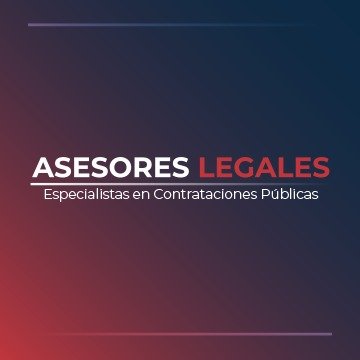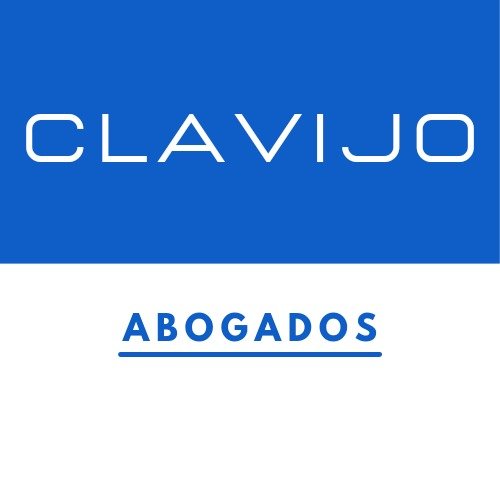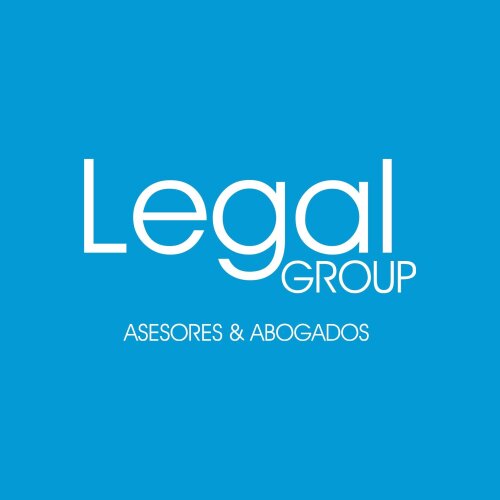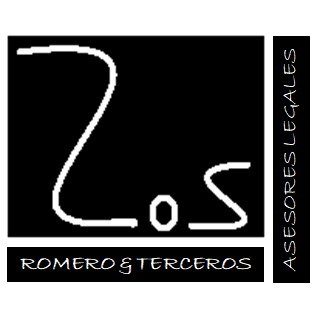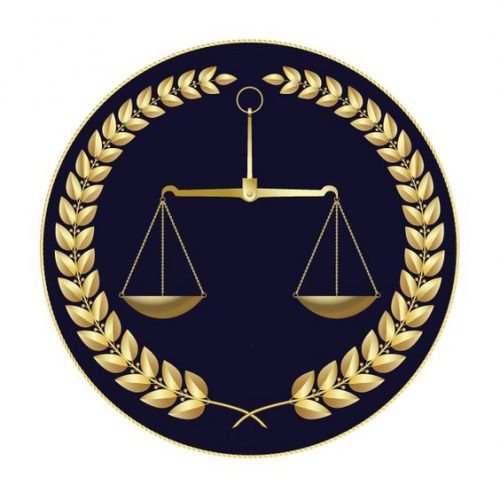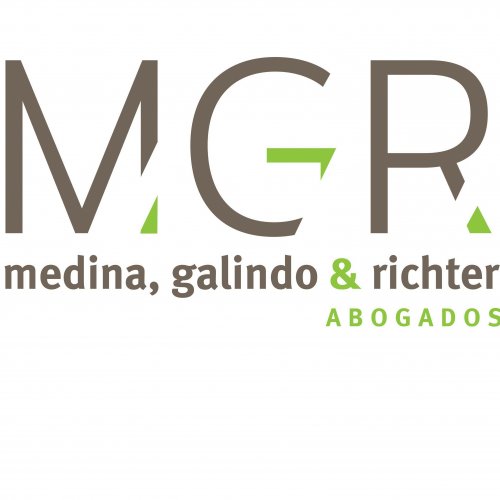Best Government Relations & Lobbying Lawyers in Bolivia
Share your needs with us, get contacted by law firms.
Free. Takes 2 min.
Or refine your search by selecting a city:
List of the best lawyers in Bolivia
About Government Relations & Lobbying Law in Bolivia
In Bolivia, government relations and lobbying refer to the formal processes through which organizations, companies, or individuals attempt to influence public policy and decision-making processes. Although not as heavily regulated as in some other countries, Bolivia does acknowledge the importance of maintaining transparency and ethical conduct in lobbying activities to ensure fair governmental operations. Legal practices in this field often involve the navigation of administrative law, government regulation, and public policy advocacy, requiring a deep understanding of Bolivia's political and legal landscape.
Why You May Need a Lawyer
There are several situations where legal assistance might be necessary in the realm of government relations and lobbying in Bolivia. These include:
- Assisting businesses or organizations in understanding and navigating Bolivian political and legislative processes.
- Ensuring compliance with administrative regulations when engaging in lobbying activities.
- Representing interests before governmental bodies and facilitating communication between clients and government officials.
- Advising non-profits, businesses, and other entities on the strategic aspects of advocating for policy changes.
- Defending individuals or organizations against accusations of improper influence or regulatory non-compliance.
Local Laws Overview
Bolivian laws concerning government relations and lobbying, while not as codified or stringent as in other countries, still have key aspects that stakeholders must consider:
- Transparency and Ethical Conduct: Any lobbying activities should be conducted ethically and transparently to foster trust and integrity.
- Influence Regulation: There are general principles discouraging the improper influence over public officials and advocating for responsible lobbying practices.
- Registration Requirements: While Bolivia does not have a sophisticated lobbying registry, engaging transparent practices is advised.
- Legal Framework: Includes administrative laws and regulations governing how public policy decisions are influenced legally.
- Conflict of Interest: Regulations concerning conflicts of interest aim to prevent public officials from engaging in decisions that may personally benefit them or their relatives.
Frequently Asked Questions
What is considered lobbying in Bolivia?
Lobbying in Bolivia generally refers to activities that aim to influence public officials in their decision-making processes. This could involve direct communication with government officials to advocate for specific policy changes or positions.
Are there any specific laws regulating lobbying in Bolivia?
While Bolivia does not have comprehensive legislation specifically regulating lobbying, the practice falls under administrative law and ethical guidelines that emphasize transparency and integrity in dealings with public officials.
Do I need to register as a lobbyist in Bolivia?
Currently, Bolivia does not require formal registration for lobbyists. However, maintaining transparency and adherence to ethical standards in all lobbying activities is recommended.
Can foreign entities engage in lobbying in Bolivia?
Yes, foreign entities can engage in lobbying in Bolivia, but they should be well-versed in local administrative laws and cultural norms to do so effectively and legally.
What are the potential consequences of unethical lobbying practices?
Engaging in unethical lobbying practices can lead to legal penalties, damage to reputation, and loss of trust with government entities, which can significantly hinder future lobbying efforts.
How can a lawyer assist me in government relations?
A lawyer can provide invaluable assistance by ensuring compliance with local laws, effectively representing your interests in governmental discussions, and offering strategic advice on advocacy efforts.
What are the ethical considerations in lobbying?
Lobbies should prioritize transparency, honesty, and integrity in communication. Avoiding conflicts of interest and ensuring that lobbying efforts do not exploit undue influence are also crucial ethical considerations.
How can businesses benefit from lobbying in Bolivia?
Businesses can benefit by influencing policy changes that favor their industry, obtaining governmental support for projects, and successfully navigating regulatory hurdles.
Is there a risk of corruption in lobbying efforts?
While there is always a risk, adhering to strict ethical guidelines and working with knowledgeable legal professionals can mitigate this risk.
How important is it to understand the local political climate when lobbying?
Understanding the local political climate is vital for effective lobbying, as it allows for strategic engagement and increases the chances of successful advocacy.
Additional Resources
For further information and support regarding government relations and lobbying in Bolivia, consider reaching out to the following entities:
- Ministry of Government: Provides official insights into Bolivia's public governance procedures and requirements.
- Chamber of Commerce: Offers resources to businesses looking to engage in compliant lobbying and government relations.
- Legal Associations: Connecting with legal professionals who specialize in administrative and government affairs can provide additional guidance.
- Bolivian Transparency and Anti-Corruption Bodies: These organizations can provide guidelines on maintaining ethical practices in lobbying.
Next Steps
If you require assistance with government relations and lobbying in Bolivia, consider taking the following steps:
- Consult a Legal Professional: Engaging a lawyer experienced in Bolivian administrative and government relations law can provide guidance tailored to your specific needs.
- Gather Relevant Information: Document your objectives, the stakeholders involved, and any previous interactions with public officials.
- Set Clear Objectives: Define what you aim to achieve through your lobbying efforts, whether it's policy changes, garnering support, or overcoming regulatory challenges.
- Understand Local Context: Familiarize yourself with the current political and regulatory environment to ensure informed decision-making.
Lawzana helps you find the best lawyers and law firms in Bolivia through a curated and pre-screened list of qualified legal professionals. Our platform offers rankings and detailed profiles of attorneys and law firms, allowing you to compare based on practice areas, including Government Relations & Lobbying, experience, and client feedback.
Each profile includes a description of the firm's areas of practice, client reviews, team members and partners, year of establishment, spoken languages, office locations, contact information, social media presence, and any published articles or resources. Most firms on our platform speak English and are experienced in both local and international legal matters.
Get a quote from top-rated law firms in Bolivia — quickly, securely, and without unnecessary hassle.
Disclaimer:
The information provided on this page is for general informational purposes only and does not constitute legal advice. While we strive to ensure the accuracy and relevance of the content, legal information may change over time, and interpretations of the law can vary. You should always consult with a qualified legal professional for advice specific to your situation.
We disclaim all liability for actions taken or not taken based on the content of this page. If you believe any information is incorrect or outdated, please contact us, and we will review and update it where appropriate.
Browse government relations & lobbying law firms by city in Bolivia
Refine your search by selecting a city.



